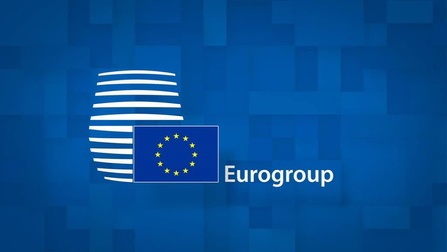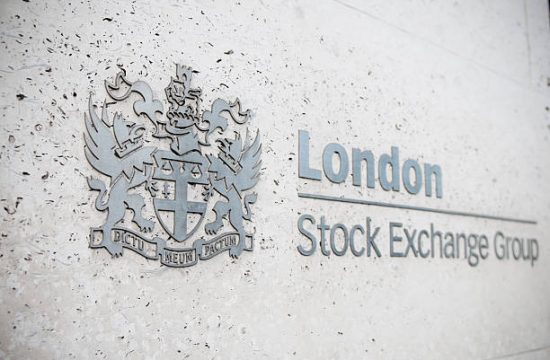
In this note, I will discuss the issue of coronabonds from a French perspective and why it matters so much for the French government.
France’s finance minister Bruno Le Maire is a lettered politician and an avid reader of French literature. He is a great admirer of Marcel Proust and its masterpiece, In Search of Lost Time. He is also a talented and prolific writer who has published eleven books alongside his career. In Le nouvel empire: L’Europe du vingt et unième siècle, released last year, he calls for the rebirth of Europe through the emergence of European sovereignty to oppose the US and Chinese domination. This is the man chosen by President Emmanuel Macron to defend his ambitious European project and convince France’s European partners of the need to issue coronabonds. So far, he has been unsuccessful in forging an alliance with Germany, but he knows coronabonds are inevitable. It is only a matter of time.
Debt mutualisation has been at the core of France’s European strategy since the Global Financial Crisis. President Nicolas Sarkozy imagined it at the end of the European integration process. President François Hollande embraced this idea vigorously amid the European sovereign debt crisis in 2012, which has generated severe tensions within the Franco-German couple. And Emmanuel Macron’s victory in 2017 revived hopes of joint borrowing by Eurozone states.
France’s endorsement of Eurobonds is often seen in Germany, but also in the United Kingdom, as an excuse to postpone indefinitely much needed structural reforms aimed at reducing public debt and stifling rigidities in the economy. In fact, nothing could be further from the truth.
Since 2015, France has carried out the reforms the country needed. According to the latest OECD’s “Reform Responsiveness Indicator”, France is the only major European country that has implemented the most diligently the organisation’s recommendations for pro-growth reforms over the past years. And it started to pay off. Before the coronavirus outbreak, the labor market was showing impressive signs of improvement, with unemployment receding at a 10-year low and more than 500,000 job creations since 2017. France even experienced an industrial renewal, which was basically impossible to imagine a few years ago, with the creation of 24,000 jobs in the industrial sector since 2018.
France is also in a much better fiscal position than most of its European counterparts. The country’s fiscal policy is usually considered as too loose by European standard, but this is a simplistic and distorted vision of reality. Since 2016, the debt-to-GDP ratio has been stable, and the country has more fiscal space than the United Kingdom, which went through years of austerity. France’s government net interest spending stands at 1.4% of GDP versus 2.2% of GDP in the United Kingdom. In addition, France can borrow across the entire yield curve, up to thirty years, at a rate below the United Kingdom.
Therefore, there is something more behind France’s long-standing battle in favor of EU common debt issuance. As Bruno Le Maire summed it up perfectly in an interview with a French regional media at the end of March, it is about European solidarity. France considers it has a special responsibility to promote further European integration and solidarity. It was during the French revolution that solidarity became a political keyword for the first time in history. European solidarity emerged soon after with the founding of the Holy Alliance in 1815. It was one of the watchwords of the protest of May 1968 in France and the strike that started in 1980 in Poland. Solidarity is at the center of the political discourse in Europe and is mentioned in the two first articles of the actual Treaty of Lisbon.
The crisis is a unique opportunity to show that European solidarity means more than just empty words. This is a make-or-break moment for the European Union. The existing instruments and institutions will not be enough to cope with the massive cost of the reconstruction phase that will start, at the earliest, this summer. Neither Italy nor Spain is in a position to raise the necessary funds for the reconstruction of their countries with new national debt alone. It is unquestionable that coronabonds will comeback. Some form of debt mutualisation will be indispensable. Germany needs to join forces with France for the common good.
If the European Union fails to show the necessary solidarity, countries from Southern Europe will not forget we have abandoned them, which will result in a definitive loss of confidence in the sense and credibility of the European project. Thus, EU leaders should not be surprised that other countries, such as China and Russia, step in in order to fill the political vacuum.
Best regards.













